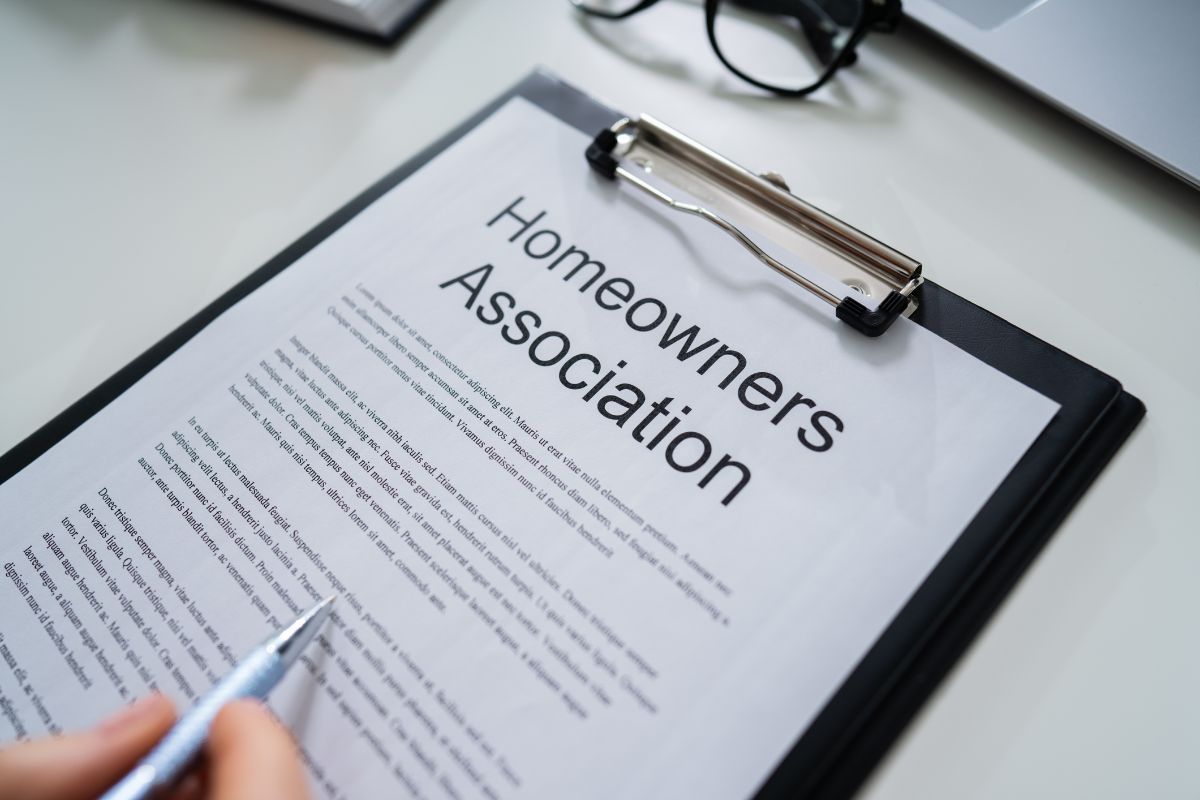In Maarten Kalway v. Calabria Ranch HOA LLC, et al., No. CV-20-0152-PR, the Arizona Supreme Court considered whether a homeowners’ association (HOA) could use general-amendment-power provisions in its covenants, conditions, and restrictions (CC&Rs) to implement additional restrictions on landowners.
The Court ultimately ruled that the HOA could use the general-amendment-power provisions only to amend restrictions for which the original declarations had provided adequate notice. In other words, the HOA could amend only those restrictions that landowners could reasonably expect from the language in the original declarations.
Background of the Case
Maarten Kalway owns Lot 2, which, at 23 acres, is the largest lot in a five-lot residential subdivision called Calabria Ranch Estates. All lots are subject to CC&Rs contained in a 2005 original declaration, designed to “protect the value, desirability, attractiveness and natural character of the Property.”
The original declaration also provides that the CC7&Rs can be amended at any time by a majority vote of the owners under its general-amendment-power provision. In the case of Calabria Ranch Estates, a majority consists of four out of six votes; all lots have one vote, except Kalway’s lot, which has two votes.
In 2018, the other property owners amended the CC&Rs by majority vote using the general-amendment-power provision without giving any notice to Kalway. The amendments change some of the definitions in the original CC&Rs, add other definitions, add new restrictions, and add new enforcement mechanisms for violations of the CC&Rs.
Kalway sued Calabria Ranch and the other landowners, seeking a declaratory judgment that all the amendments were invalid. The trial court invalidated two sections of the CC&Rs and partially invalidated two other sections. Kalway appealed, arguing that all the amendments were invalid. The appellate court disagreed and affirmed the trial court’s decision. The Arizona Supreme Court granted review.
Notice Requirement
The Arizona Supreme Court first noted that A.R.S. § 33-1817(A) allows the amendment of CC&Rs by majority vote if the original declaration provides for it. However, the statute does not displace common law, which requires the original declaration to give sufficient notice of potential future amendments. In other words, any amendments must be reasonable and foreseeable. Future amendments cannot be “entirely new and different in character” that have no link to any covenant in the original declaration.
Application of the Notice Requirement to the CC&R Amendments
The Court then applied the notice requirement to the CC&R amendments that the landowners had passed by majority vote under the general-amendment power provisions without Kalway’s knowledge. As the Court explained in detail, very few of the amendments survived in light of the notice requirement, as neither the general-amendment-power provisions nor the general-purpose statement was broad enough to provide notice of most of the changes.
More specifically, the Court invalidated the following amendments and additions to the CC&Rs due to a lack of notice in the original declaration:
- Limits on all “dwellings” to 60% living space and 40% garage
- Restrictions on any improvements from occurring within 50 feet of the property line, including driveways, grading, excavating, landscaping, and other improvements of any kind
- No voting rights for any new lots occurring from future subdivision
- Changes to the types and quantities of allowable “livestock”
- Restrictions on the location, placement, and size of any “non-dwelling structures”
- Requirement that landowners submit construction plans for any “improvements” to the other landowners for approval by a majority vote
- Requirement that landowners submit improvement plans to the manager and other landowners at least 30 days in advance
- Limits on the number of non-residential structures that a landowner can build on his property and restrictions on the order in which they must be built
- Restrictions on the environmental impact in riparian areas and the obstruction of views
- Restrictions on the control of fallen deadwood and dried undergrowth
Accordingly, the Court reversed the appellate court’s decision and remanded the case for entry of summary judgment partially in favor of Kalway and partially in favor of Calabria Ranch. The Court also awarded attorneys’ fees to Kalway.
Contact Us Today for Help with Your HOA or Real Estate Law Issues
The real estate attorneys of Provident Law have over 250 years of combined legal experience. Our goal is to build a relationship with you and our clients as we work with you through your most complex legal problems. Call us today at (480) 388-3343 or reach out to us online and see what we can do for you.


